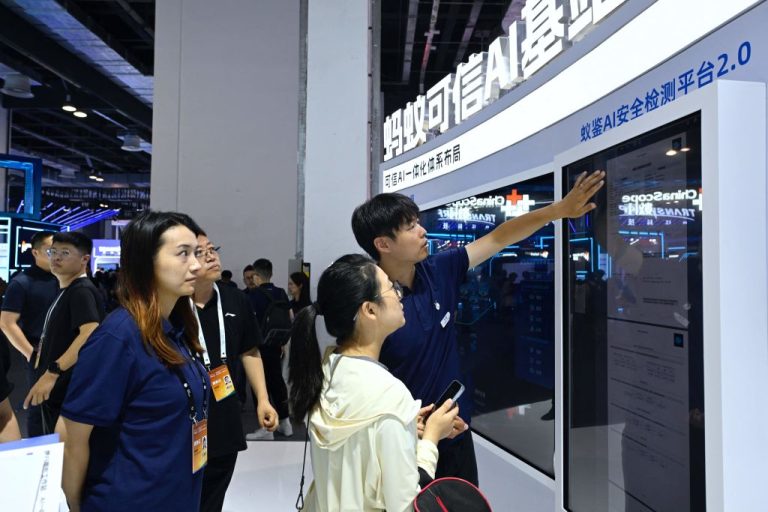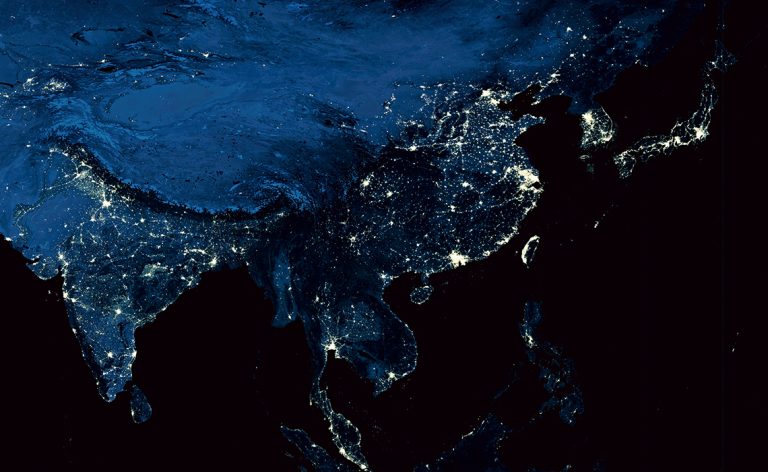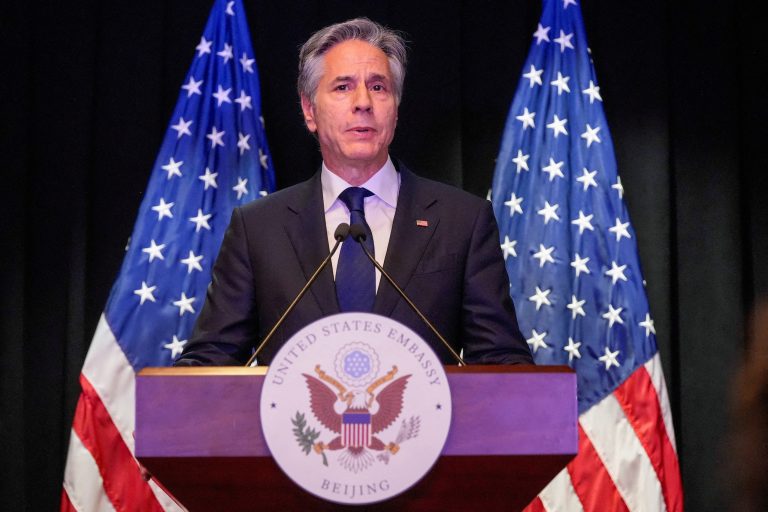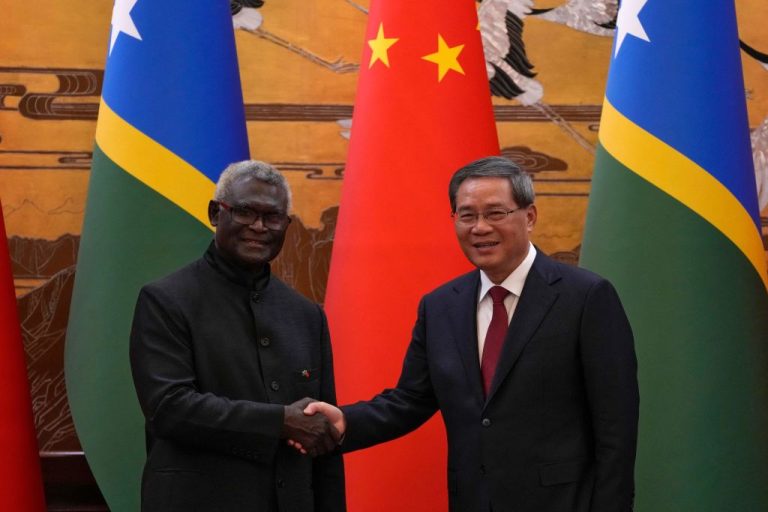Ant Group, the parent company of Alibaba and Alipay, has just been fined nearly $1 billion by state regulators, and it remains to be seen if the pet child of formerly China’s richest man Jack Ma can overcome this blow or if the Chinese wonderboy will pull out.
Ant’s story so far has been a dramatic reversal in fortunes. While its shelved $37 billion initial public offering (IPO) on the Shanghai and Hong Kong stock markets in 2020 had valued the company at US$315 billion, a share buyback announced on Saturday valued it 75 percent less at US$78.5 billion.
For the past two years, Ant Group, the parent company of highly profitable companies like Alibaba and Alipay, has done its utmost to jump through all the right hoops to keep government regulators happy — from voluntarily subjecting itself to economic suicide and Ma hiding him from the public eye — yet nothing has been able to curb the communist overlords’ pruning-drive.
It all began in October 2020, days before Ant Group’s planned IPO and related shares issuing, when Ma spoke out and characterized the government’s then already-rampant regulatory overreach as a risk-averse “pawn shop mentality.”
This remark has come at a significant cost because moments later, the Chinese Communist Party (CCP) drew a thick line through what would mark the biggest IPO launch in world history resulting in a loss of revenue for Ma and consorts running into billions.
Success
You are now signed up for our newsletter
Success
Check your email to complete sign up
READ MORE:
- China Pressures Jack Ma to Hand Over Customer Data
- E-Commerce Giant Alibaba to Split Into 6 Firms and Pursue Separate IPOs to Streamline Operations
- Why Alibaba’s Jack Ma Disappeared, Then Reappeared
- Behind the Timing of Didi Global’s $1.2-billion Fine
Recently, a fine of nearly $1 billion for violating stock market regulations created post-datedly for that purpose came on top of that.
Ant’s announcement on Saturday (July 8) that it will offer to buy 7.6 percent of its equity interest is set to allow some investors to exit.
Analysts have said that initiating a share buyback and Ant’s earlier announcement that Ma will give up control of the Chinese fintech giant was an indication that the possibility of an IPO in the short term was unlikely.
All hopes for Ant Group are now pinned on obtaining a financial holding permit, which is crucial for reviving a new stock market license, but according to China’s domestic A-share market regulations, that would be three years away — if it comes at all — in case of change in the control apparatus.
For a second license, Ant is waiting to procure one from a personal credit reporting company. China’s central bank said in November 2021 that it had accepted the application to set up Qiantang Credit Rating, a personal credit-scoring joint venture with Ant Group expected to own 35 percent.
Love-hate relationship
The Chinese government has always maintained a love-hate relationship with mega-corporations and the wayward moguls who ran them.
On the one hand, the big tech companies have been responsible for the unprecedented, exponential growth of the Chinese economy in recent decades – with all the tax revenues and China’s clout on the world geopolitical stage attached to it.
On the other hand, CCP bureaucrats have always been apprehensive about too much leeway and the independence of individual market players.
Some analysts say that Ma and his ilk have had to experience the hard way that they have become too big.
Another theory is that the CCP wants to confiscate the Ant Group to gain access to the private data of nearly 1 billion users at home and abroad to perfect the social-credit system already implemented in China and tighten its grip on the individual, free man.
Reuters contributed to this article.














